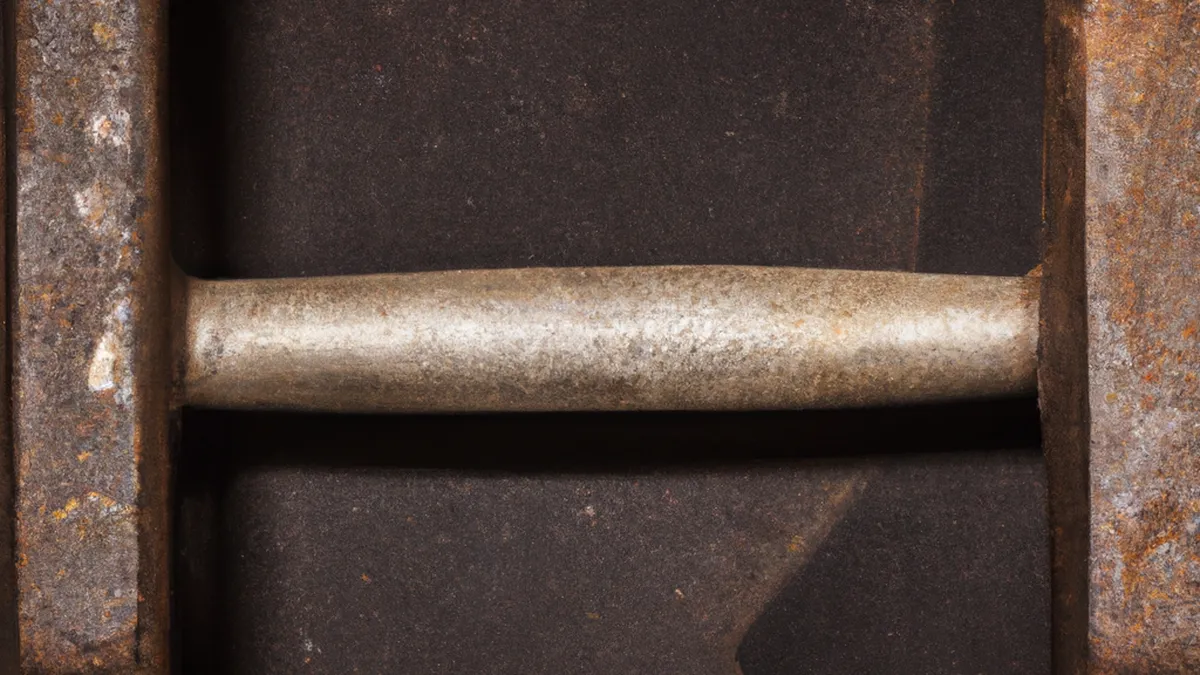Rediscovering Confidence in Sports Post-Injury
The Psychological Impact of Returning to Sports After an Achilles Injury
Returning to sports after an Achilles injury requires both physical healing and psychological adjustments. The Achilles tendon supports activities like running, jumping, and pivoting. Athletes can face long recovery periods due to this debilitating injury. While physical rehabilitation is essential, mental and emotional challenges also significantly impact recovery and performance.
The Emotional Toll of Injury
Injuries can deeply shake an athlete’s confidence. An Achilles injury often triggers feelings of vulnerability. Athletes may experience anxiety about future injuries and performance levels. They might question their ability to perform at their previous level. Long rehabilitation processes can intensify these feelings.
Extended time away from sports can result in isolation. Athletes thrive in competitive environments and enjoy their team’s camaraderie. Sidelining can create disconnection from teammates, leading to loneliness and frustration. This emotional burden can heavily impact an athlete’s psyche and overall well-being.
Recognizing Fear and Anxiety
Fear often accompanies athletes returning from injury. Specifically, the fear of re-injury can feel overwhelming. Athletes may second-guess their movements, leading to hesitancy. This hesitation can hinder performance and complicate the transition back to competition.
Anxiety may also take various forms, including performance anxiety. Athletes might worry about perceptions from coaches, teammates, and fans. This pressure can create a cycle of self-doubt that complicates recovery. Acknowledging these feelings is crucial; recognizing them as normal empowers athletes to confront challenges directly.
Building Mental Resilience
Mental resilience is essential for athletes recovering from injury. Resilience involves developing a positive mindset to cope with challenges and setbacks. A strong mental framework can significantly influence an athlete’s recovery journey.
Visualization is an effective technique for building resilience. Athletes can visualize themselves performing successfully in practice or competition. This mental exercise can reduce anxiety and prepare the mind for a successful return. Mindfulness practices like meditation and deep breathing enhance focus and lower stress, helping athletes stay engaged in their recovery.
Tips for a Successful Return
1. **Set Realistic Goals**: Start with small, achievable goals that emphasize gradual progress. Celebrating small victories boosts confidence and motivation.
2. **Communicate Openly**: Maintain open communication with coaches and teammates.
Conclusion
In summary, returning from an Achilles injury involves addressing both physical and psychological aspects. Athletes must acknowledge their emotions, build resilience, and set realistic goals for a successful return.
Below are related products based on this post:
FAQ
What emotional challenges do athletes face when recovering from an Achilles injury?
Athletes recovering from an Achilles injury often experience a range of emotional challenges, including feelings of vulnerability, anxiety about re-injury, and concerns about their performance levels. The long rehabilitation period can lead to isolation from teammates, resulting in loneliness and frustration, which can significantly impact their overall well-being.
How can athletes build mental resilience during their recovery?
Building mental resilience involves developing a positive mindset to cope with the challenges of recovery. Techniques such as visualization, where athletes imagine themselves performing successfully, can reduce anxiety. Additionally, mindfulness practices like meditation and deep breathing can enhance focus and lower stress, helping athletes stay engaged in their recovery journey.
What practical tips can help athletes make a successful return to sports after an injury?
To ensure a successful return, athletes should set realistic, achievable goals that focus on gradual progress, celebrating small victories along the way to boost confidence. Open communication with coaches and teammates is also crucial, as it helps maintain support and understanding throughout the recovery process.















Post Comment